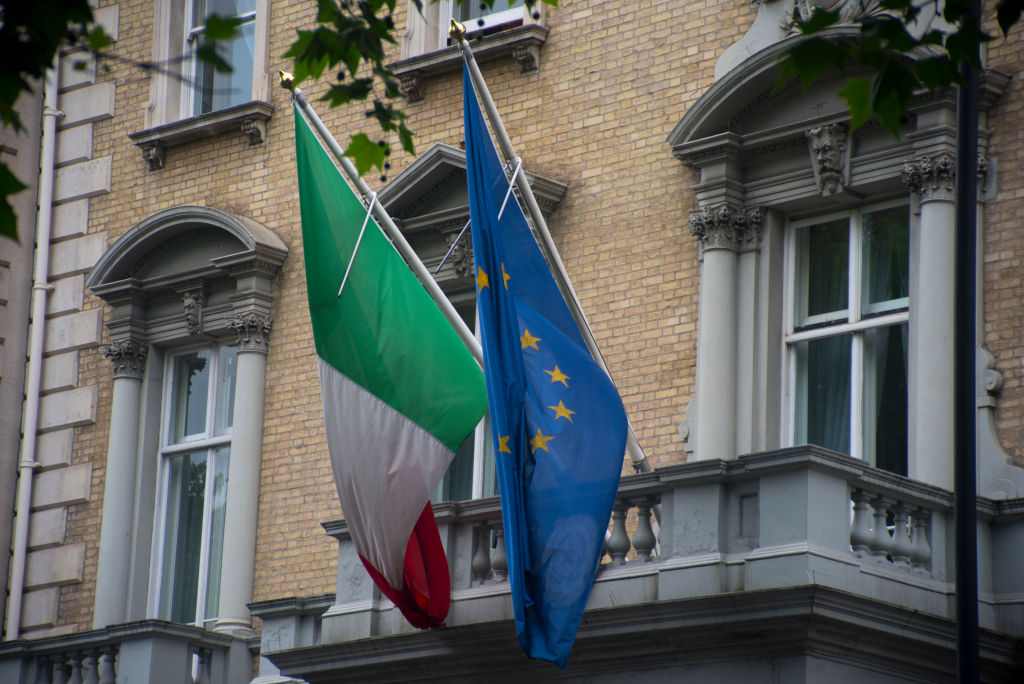
Christie’s facilitated the restitution of eight artworks to Italy on Tuesday that were due to go on the auction block after the Italian government asked for the lots to be withdrawn.
The works, which Christie’s says “had been acquired in the past in good faith,” were returned by the owners voluntarily after it became clear that export and provenance details were lacking. The works were turned over to authorities at the Italian Embassy in London.
The objects include a marble fragment of a Roman sarcophagus that was identified as having been stolen after 1966 and a second-century AD relief, allegedly stolen from the Villa Borghese park in Rome in 1985, according to CNN. Christie’s says the items were consigned by several different collectors.
“Our primary goal today is to return these objects and to raise awareness of how vital it is to have access to all information to continue to ensure only legitimate works are offered to the market,” Stephen Brooks, deputy chief executive officer of Christie’s said in a statement. “Research and its publication is a vital part of our work. As custodians of the art that passes through our doors, we have a duty to carefully research the art and objects we handle and sell.”
The auction house says company policy dictates that if any problematic objects are identified, Christie’s will “work with all parties and authorities to try to facilitate a solution for that work, including in some cases, the restitution of the piece.” Christie’s notes that it is unusual for works to be withdrawn from sale, saying that less than 0.8 percent of its lots are pulled.
“There is a well-established, honorable market in the arts of the ancient world,” Brooks said. “Our processes of due diligence make full use of current, available research and we continue to work closely with organisations, authorities, and art loss databases to ensure we have verifiable title and provenance.”